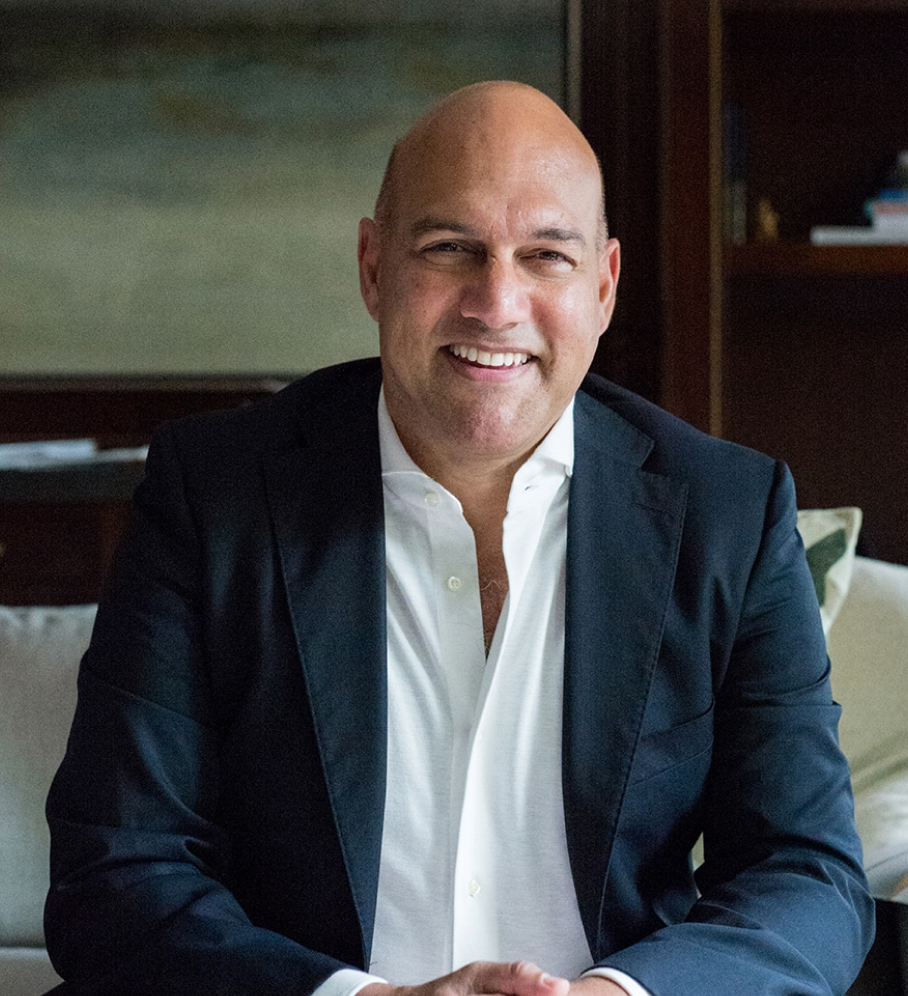#What are Community and Crowd?
A Community, in the ExO context, is a large, global group of individuals who are passionate about your MTP and are directly involved in the main functions of your organization. They are loyal to a shared goal and devoted to solving the grand challenges surrounding your organization’s purpose.
In a nutshell, Communities facilitate peer-to-peer value creation. This is also true for Crowd, with some variations, which we will get to later in this chapter. In particular, Community is defined by many interactions between individuals, while Crowd operates via one-to-one interactions between individuals and an entity (the ExO).
Once again, the heart of this ecosystem is the organization’s Massive Transformational Purpose (MTP), which creates and drives a deep and emotional connection between the Community and the enterprise. An organization’s Community and the Crowd it attracts can help validate new ideas and learnings. Crowd and Community amplify ideation and marketing, which can accelerate the implementation of new products and services.
Let’s take a closer look at these two forms of company volunteers:
-
Communities are cohorts of individuals who have a relationship with the company. Put another way, a Community is the public personification of the MTP. This includes customers, fans, vendors, partners, suppliers, and alumni of the organization. Often, these individuals have a special bond with the company—and that may make them willing to donate time, expertise, and even money to make and keep the company successful. In our opinion, true Community is achieved when an organization has converted a sizable percentage of these interested parties into dedicated volunteers who add value to the organization. Kevin Kelly, the founding editor of Wired magazine, believes that you need only 1,000 “True Fans” as a threshold for success.
-
Crowds, simply, are everyone else. That is, they are the remainder of the 8 billion people on Earth who do not have a relationship with your organization but can be potentially incentivized by reward or interest to engage with it in some fashion that adds value. Whereas members of a Community are in regular contact with the company and each other, Crowds form around a company only briefly—and only for some kind of singular, transactional reward, whether that’s monetary, to quench a curiosity, or to build status among a peer group. Therefore, one of the best ways to draw in a Crowd is through Engagement, such as competitions and incentive prizes, publicized and amplified via social media platforms. Evocative public-relations efforts, such as clickbait on Buzzfeed, can also draw Crowds. For an ExO, the goal of these transactions is to convert Crowd members into Community members.
Graphically, the relationship between the organization, its Community, and its Crowd looks like this:
Interactions between an Exponential Organization and its Community are not simply transactions. The Community should hold an elevated position in an ExO’s universe: granted special favors, given insider insights and forward looks on future offerings, rewarded with gifts, and honored with special levels of trust. Community members are the Elect. While they are not necessarily actual employees, they are pseudo-employees, citizens of the ExO’s larger sovereignty.
Of course, the more open Community membership is, the more careful an organization must be about how much insider knowledge it can safely share. One solution to that dilemma is to create levels of Community membership based on tenure and contribution so that the most vetted and trusted members have the highest degree of company access, while the rest must still earn their way. Futurist Jaroslav Dokoupil, cofounder and manager of RQ Genesis, believes this approach is key not only for the management of sensitive information but also for rewarding the community. Those who invest the most should feel the most “inside” and privileged.
Communities must be carefully managed so that they don’t become an antagonistic, even destructive, force. Entrepreneur and best-selling author Chris Anderson, an authority on emerging technologies and the cultures that surround them, has remarked, “At the top of every one of these communities is a benevolent dictator.” Strong leadership is needed to manage a Community because although Community members are not employees, they still have responsibilities and need to be held accountable for their performance.
Join Our ExO Community - Unlock Exponential Growth!
Traditional growth models risk obsolescence. Learn how to become an Exponential Organization (ExO) and drive innovation with disruptive technologies. Sign up now!
Organizations implementing the formula have delivered over
- ⭐ 6.8x high profitability
- ⭐ 40x higher shareholder returns
- ⭐ 11.7x better asset turnover
- ⭐ 2.6x better revenue growth






